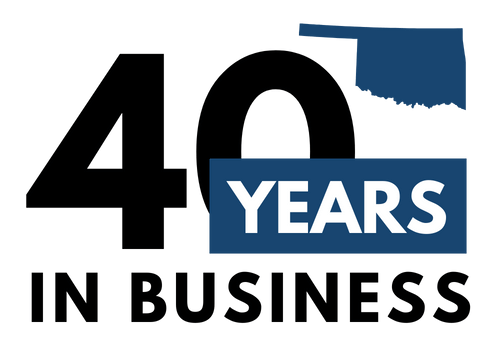 By Heather Thibodeaux, Marketing & Sales Development Manager at Diverse CTI
By Heather Thibodeaux, Marketing & Sales Development Manager at Diverse CTI
Some of the scariest IT stories don’t start with hackers. They start with the things we tell ourselves to feel safe.
The next spooky myth on our list?
“If we get hacked, all our information is public anyway, who cares?”
It’s a line we hear often, from counties, municipalities, and small businesses alike. On the surface, it sounds reasonable. After all, property deeds, court filings, and other records are public by law. But the truth is, hackers don’t break in for data they can already Google. They go after what’s private, sensitive, and valuable.
Public vs. Private: Not All Data Is Equal
Yes, some information is considered public record such as property deeds, marriage licenses, tax rolls, meeting minutes. But much of what lives in your systems isn’t public at all.
- Public Records = Data that is legally available for public access (with limits).
Examples: recorded deeds, open meeting notes, tax rolls. - Private / Sensitive Business Information = Data not meant for public release, often protected by law.
Examples: employee HR files, workers’ comp claims, disciplinary records, payroll data, medical information, Social Security numbers, system credentials.
The mistake? Assuming “public record” means everything is public. Hackers know better, and that’s exactly why they target you.
What Hackers Actually Extort
Cybercriminals don’t waste time demanding ransom for documents anyone can request. They profit from:
- Employee files: Performance reviews, reprimands, salaries, SSNs.
- Workers’ comp & medical claims: HIPAA-protected details that expose liability.
- Financial records: Payroll, vendor payments, ACH data, invoices.
- Credentials & access: VPN logins, admin accounts, MFA seeds.
- Law enforcement data: Dispatch logs, investigative reports, evidence records.
Once stolen, this information becomes a weapon for extortion, identity theft, fraud, and blackmail.
🏛 Why “Public Record” Is a Dangerous Myth
Businesses and governments often assume: “We don’t have anything worth stealing.” But the reality is:
- Even public data becomes dangerous when paired with private details (think SSNs + court filings = instant identity theft).
- HR records, medical claims, payroll, and disciplinary files are not public, and carry legal compliance obligations.
- Hackers don’t discriminate. They scan for weaknesses across all industries, from counties to small businesses to healthcare.
While some records are meant to be open, your internal systems, employee files, and financial data are not.
The next time someone says, “Who cares if we get hacked? It’s all public record,” remember:
- Not all records are public.
- Hackers don’t extort over deeds or meeting minutes. They exploit HR, payroll, financial, and medical data.
- Even “public” data becomes dangerous when paired with private details.
Don’t let this myth become your next horror story. Diverse CTI helps counties, municipalities, and businesses of all sizes protect what’s truly sensitive, before hackers turn it into leverage.
❓ Quick Q&A
Q: Isn’t most county or business data public record?
A: No. While some records are public, HR files, medical claims, payroll, and credentials are private and often legally protected.
Q: Why would hackers target us if some of our information is public?
A: Because public data combined with stolen private data creates leverage for extortion, identity theft, and fraud.
Q: How do we defend against this?
A: Encrypt sensitive data, audit access to HR and financial systems, enforce MFA, and ensure compliance with HIPAA, CJIS, and Oklahoma’s updated breach notification laws.



